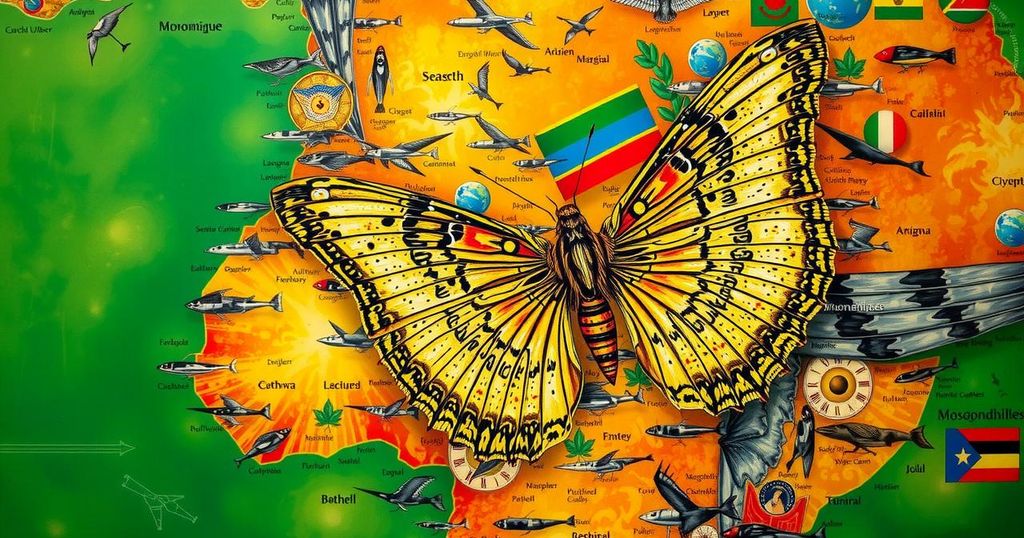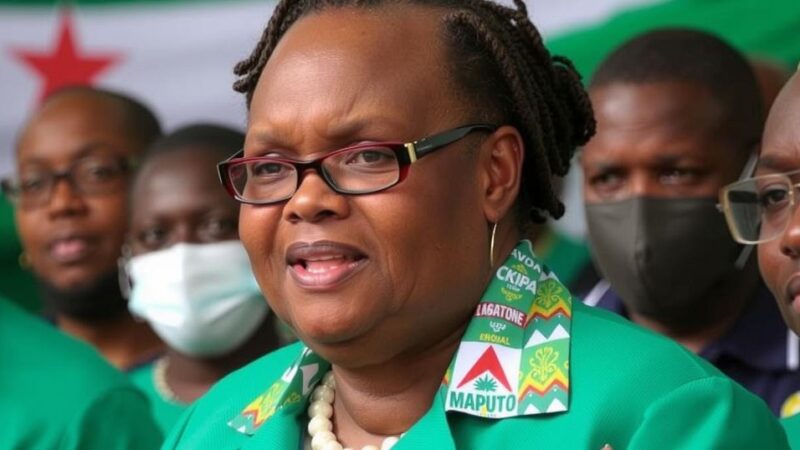Mozambique’s history of civil strife transitioned into a quest for peace following multiparty elections in 1994. The ruling Frelimo party and the opposition Renamo engaged in political negotiations and reforms, leading to an evolving political landscape. Despite initial successes, ongoing economic disparities and tensions led to renewed insurgency and electoral controversies, raising concerns about the country’s stability as it approaches the 2024 elections.
The history of Mozambique’s civil strife and subsequent peace efforts reflects a complex interplay of political ideologies, economic reforms, and social challenges. Following years of violent conflict between the ruling party, Frelimo, and opposition group Renamo, Mozambique embarked on a journey toward peace characterized by significant political reforms and negotiations that culminated in multiparty elections in 1994. Under the leadership of President Joaquim Chissano, Frelimo transitioned from a Marxist-Leninist regime to a more democratic framework, permitting multiple political parties and elections. Although this democratic initiative was initially successful, persistent poverty and frustration with governmental policies led to renewed tensions, sporadic violence, and ultimately, additional peace agreements. The political dynamics shifted further during subsequent elections and faced complexities as insurgent activities increased in northern Mozambique. The upcoming elections in 2024 are shrouded in allegations of electoral irregularities and potential violence, revealing the fragile state of peace and stability in the country.
Mozambique’s tumultuous history includes a protracted civil war that lasted for over a decade, marked by a struggle between the ruling Frelimo party and the opposition Renamo. The war officially ended with the signing of the Rome General Amnesties Accord in 1992, leading to the first multiparty elections in 1994. The peace process progressed through various stages, including constitutional amendments and international intervention. However, socioeconomic disparities and political marginalization fostered dissent and insurgencies, particularly as grievances regarding governance and electoral integrity resurfaced leading up to recent elections. The significance of these elections extends beyond mere politics; they are pivotal in determining the country’s trajectory towards stability, development, and democracy.
The evolution of Mozambique’s political landscape from war to peace is marked by significant milestones, including the transition to multiparty democracy and ongoing struggles with governance and societal inequalities. Despite substantial economic growth in recent years, many citizens continue to live in poverty, exacerbating tensions between major political factions. The 2024 elections, marked by allegations of electoral misconduct, present a critical juncture for Mozambique, underscoring the fragile nature of its peace and the ongoing challenges faced by its political system. As the nation moves forward, the commitment to genuine reconciliation and development remains crucial.
Original Source: www.britannica.com







